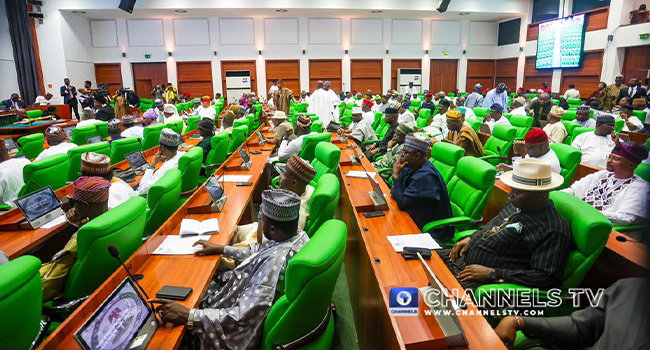The Attorney-General of the Federation and Minister of Justice, Mr Abubakar Malami, SAN, has said the Federal Government would comply with the order of the Supreme Court for the Central Bank of Nigeria, CBN, to suspend its scheduled deadline for the use of the old N200, N500 and N1000 banknotes.
Malami, who had since filed a preliminary objection to challenge the apex court order, said the government would abide by it until it is set aside.
The AGF made FG’s position on the matter known when he appeared as a guest on Arise Television.
He faulted the order of the apex court on the premise that the CBN, being a necessary party, was not joined in the suit that was filed by three northern states.
It was Malami’s position that joining the CBN in the suit that was filed by Kaduna, Kogi and Zamfara states, would have stripped the Supreme Court of the requisite jurisdiction to entertain the case as the court of first instance.
He stressed that despite the fact that the apex court lacked the jurisdiction to suspend the February 10 deadline the CBN okayed for the end of the use of the old banknotes as let tender in the country, he said FG would obey the ruling owing to its inclination to the rule of law.
Malami, said: “The order was granted by the Supreme Court and the order was to laspe on Wednesday which is the day of the hearing. With that position in mind, we have taken steps to file an objection challenging the jurisdiction of the court to entertain the matter.
“Jurisdiction on the grounds that when you talk of monetary policy regardless of the characters they take, the Central Bank is an indispensable and a necessary party for that matter.
“What we have at hand is a situation where the Central Bank is not joined as a party and if the Central Bank as an institution is not joined as a party the position of the law is clear that the original jurisdiction of the Supreme Court cannot be properly invoked.
“So we have given considerations to diverse issues inclusive of the issue of jurisdiction and come Wednesday we will argue the case from that perspective amongst others.
“I think what we are talking about is not whether the ruling is binding or not binding, we are talking about what we intend to do. There is no doubt the fact that the ruling of the Supreme Court regardless of the prevalent circumstances is binding and then within the context of the Rule of Law, you can equally take steps that are available to you within the context of the spirit and circumstances of the Rule of Law and what we are doing in essence is compliance with the Rule of Law both in terms of obedient to the ruling and in terms of challenging the ruling by way of putting our own side of the story, putting across our case, challenging jurisdiction.
“So the issue of obedience to the ruling of the Supreme Court is out of it we are wholeheartedly in agreement that naturally we are bound by it and will comply accordingly but within the context of compliance we shall challenge the ruling by way of filing an application seeking for it to be set aside, it is all about the rule of Law.
“The Rule of Law provides that there has to be obedience to the judgment and orders of the Supreme Court, the Rule of Law provides that when you are not happy with a ruling you can file an application for setting aside and in compliance with the rights and privileges vested in us as a government we are equally looking at challenging the order and seeking for it to be set aside”, he added.







